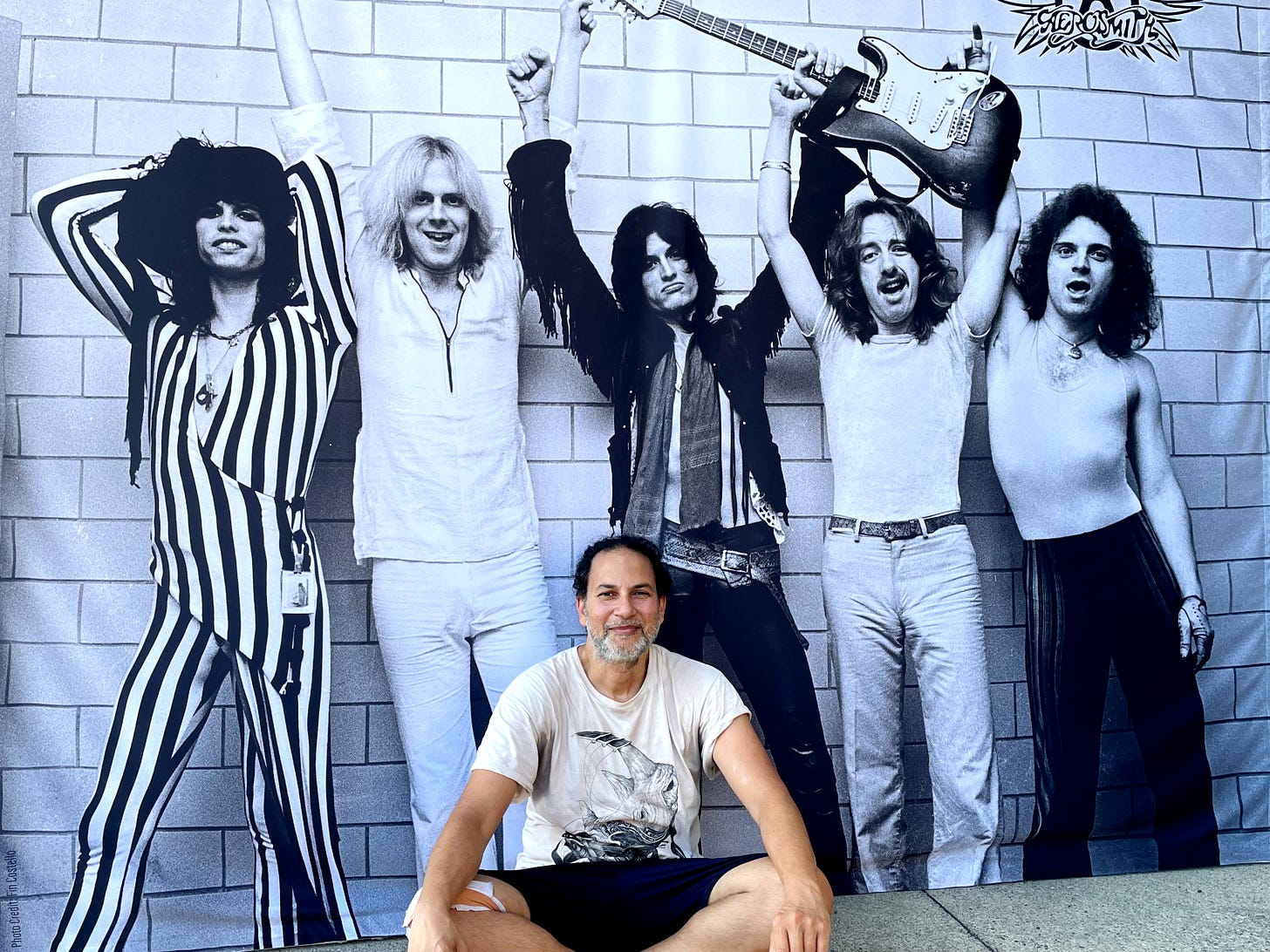As far as I’m concerned, the sun never actually set on the classic rock era. That’s not because my tastes are stuck in the past. I have no desire to pretend as if the 1970s themselves never ended. But, because commercial radio has been squeezing juice from the same “classic” hits for decades on end, it means that there’s a treasure trove of lesser-known classic rock songs that still sound as vital today as they did during the age of bellbottoms and Burt Reynolds mustaches.
For listeners who make even a minimal effort to scratch beyond the surface, all of that treasure is just sitting there waiting for you. And you don’t have to bother with the fashions from this period to appreciate the art that it gave us. Like every era in recorded music, the sounds of the 1970s were shaped by a particular set of production sensibilities, which were then further colored by the listening mediums of the time — in this case: vinyl records, AM/FM radio, home stereos, and car speakers with specific characteristics that our ears recognize instantly.
Today, ‘70s production values sound aged — the audio equivalent of an old book’s yellowed pages — and yet they feel very lifelike and alive somehow. Listen to rock, funk, soul, disco, reggae, and even the punk music from that decade — not to mention films and TV shows — and there’s a kind of overarching sensory-aesthetic architecture to all of it that was immediately apparent just a handful of years later, once the ‘80s were in full swing.
It was in the ‘80s, in fact, that I discovered classic rock, a genre for which I’ve harbored a deep, abiding love ever since. As a teenager burrowing my way through the catalogs of iconic ‘70s bands like Black Sabbath, Cheap Trick, Blue Oyster Cult, AC/DC, Deep Purple, KISS, Rush and, naturally, Aerosmith — I felt like I was excavating ancient artifacts from a period far-back enough on the historical timeline as to be almost beyond my comprehension. Of course, when you’re 15 years old, the idea of reaching ten years back in time is going to seem like a more profound jump in terms of the sheer scale relative to my own, then-limited lifespan.
To put it more simply, this stuff felt old to me even when we weren’t yet a full decade removed from it — but old in a good way. It’s not for nothing, for example, that Richard Linklater chose to open his 1993 film Dazed and Confused with the Aerosmith staple “Sweet Emotion.” At the time, the song was almost 20 years old, and its place in the pop-culture firmament was so fully consecrated that it had an air of permanence, as if it was already a given that bassist Tom Hamilton’s iconic bass notes at the beginning of song were going to keep rippling out across time and space for all eternity.
“Sweet Emotion” is no less eternal today, I would argue, with the news that Aerosmith have decided to pull the plug on their scheduled farewell tour. As far as I’m concerned, the band would have been dignified to bow-out a quarter-century ago, and that’s being conservative. This is a band, after all, that was able to strike through to mass consciousness not once, but twice. As one of the flagship arena-rock acts of the ‘70s, Aerosmith were able to pull-off the impossible by rising from their own ashes via their 1986 collaboration with Run-DMC on a cover of their own classic hit “Walk This Way,” a success that was further cemented the following year with the release of their smash-hit album Permanent Vacation.
Permanent Vacation kicked-off a commercial streak that saw Aerosmith become something like prisoners of their own success. In fact, no one in my book epitomizes the dichotomy between the richness of an artist’s catalog and the vacuity of the artist’s hits better than Aerosmith. And to see them pander to their casual fans by playing their saccharine “power ballad” hits during their second stretch of dominance was difficult to watch. Of course, they were raking-in profits at the time, but by the mid-’90s I’d have been more than glad to see someone take the proverbial old horse out back and put it out of its misery.
That day has finally arrived, and it’s because I love the band so much that I celebrate rather than mourn the announcement. As a dear friend and fellow fan said to me yesterday when the news broke, “maybe they can market their own line of glue.” Ha! I must admit, though, that the video trailer for their ill-fated farewell tour is still a work of art:
As I wrote to some friends at the time in an e-mail thread: “They should’ve just dropped that video and skipped the tour and their sales would have shot through the fuckin’ roof.”
Alas, in a sense I’ve gotten my wish. I’d much rather that people whose work I admire just drop out of the race altogether than stumble to the finish line. And I’m certainly not lamenting the fact that I’m missing-out on one last chance to see a band that I wouldn’t have gone to see at this stage anyway. Still, I do feel a sense of remorse for these guys not being able to go out on their own terms. At the same time, however, I’m relieved for the fans who shelled-out for tickets. In spite of themselves, these fans are going to be getting their money back.
Meanwhile, the Aerosmith catalog just sits there, ready to give us more than our money’s worth. I’ll take it.
<3 SRK
The Tyranny of the Radio Hit
The subject of deep cuts and setlists came up during my recent interview with longtime Black Crowes drummer Steve Gorman, host of the syndicated classic-rock radio show Steve Gorman Rocks! Gorman, an albums enthusiast who told me he loves practically all the songs off early records by R.E.M. and U2, describes
















Share this post